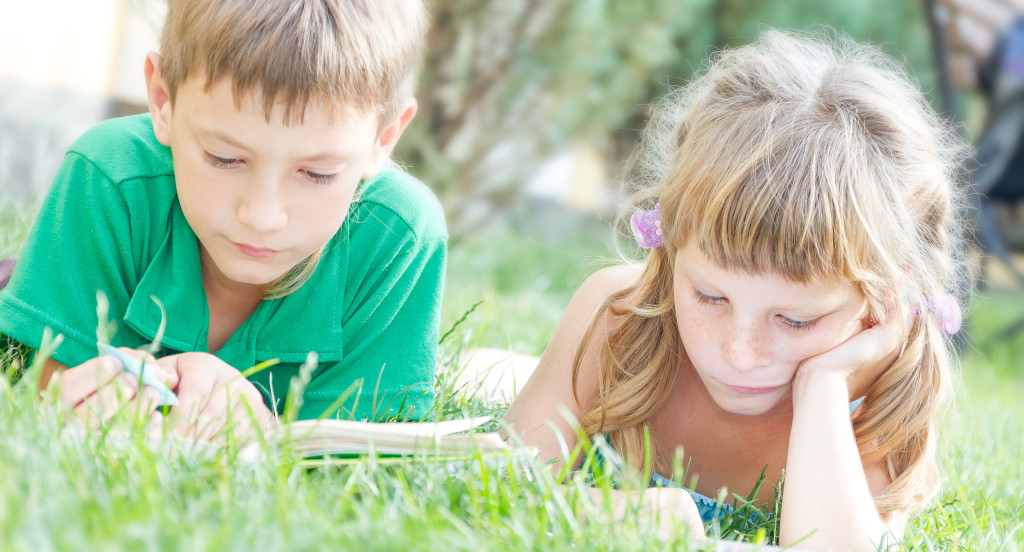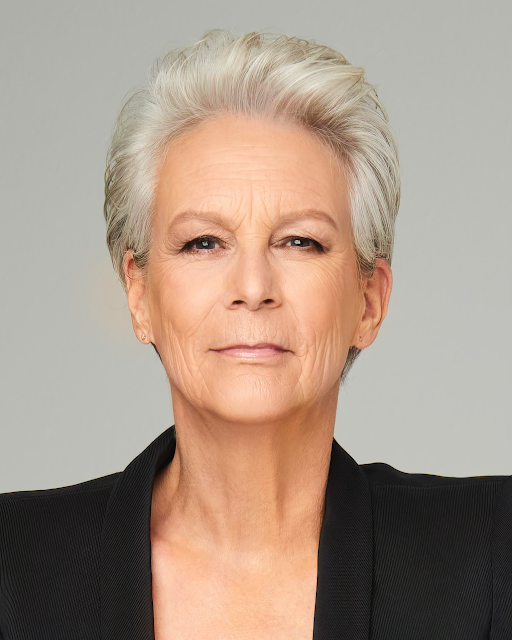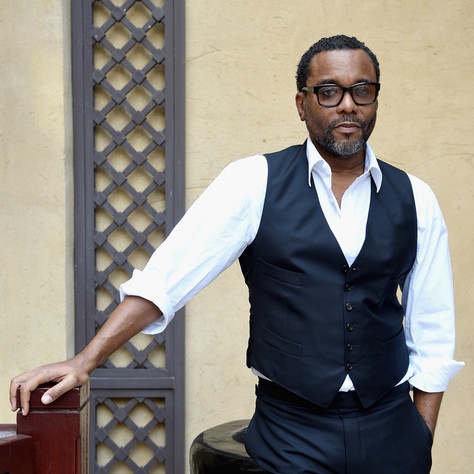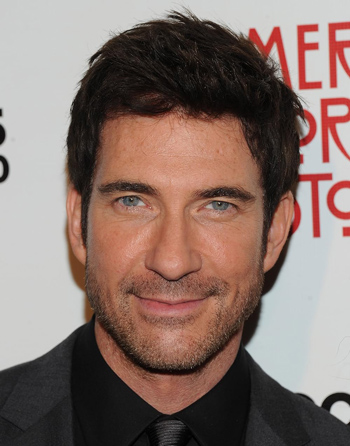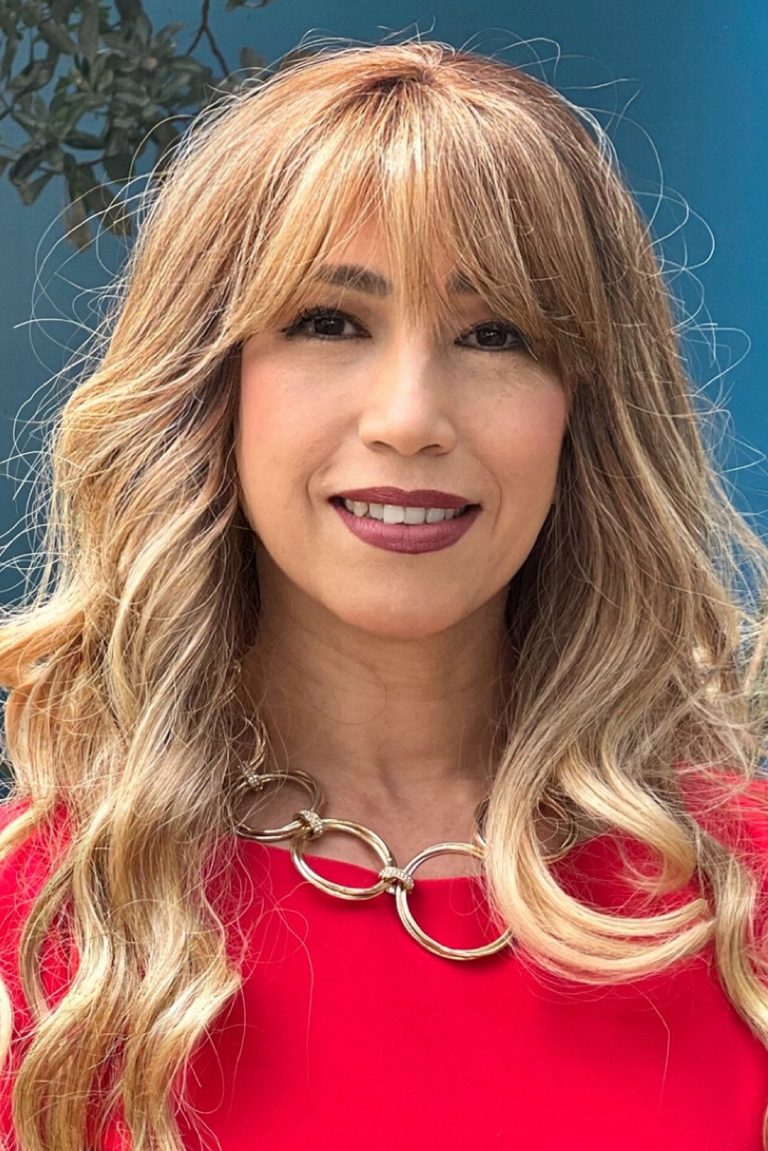Chances are, you have just attended a graduation ceremony. Graduation ceremonies are a beautiful symbol of ending one chapter and moving on to the next big adventure. Its not surprising that graduation ceremonies are now happening throughout a child’s school career, including kindergarten, second grade, eight grade before even reaching high school.
Once the ceremony has completed, the cake eaten, and school bags emptied, we are often asking ‘now what’?
Psychologist Kirsten Cullen Sharma urges a thoughtful approach to the summer months with specific goals in mind, as shared on psychologytoday.com:
Summer is an amazing time for growth and maturity in all children, but especially in preschoolers, as many of them will transition to a new school in the fall. I like to ask parents what their goals are for their children over the summer, so that they can actively practice specific skills during the warm weather month. Are the goals academic, social, emotional, behavioral or physical – or a bit of each? Preschoolers can be a part of goal-setting and identifying a motivating reward system. It is recommended that preschool-aged children work on 1-2 goals over the summer, while school-aged children should aim for three.
In addition to practicing specific skills, parents can do many other things to help prepare their children to be ready for kindergarten or for a new school. Younger children can practice independence by playing alone for longer and longer periods of time; by following one, two and three-step directions; by having more chances to make age-appropriate decisions; and by caring for their own things like putting their clothes in the laundry, dishes in the dishwasher, or getting ready for bed.
When children become frustrated, it is helpful for them to practice communicating their feelings, using “I” statements, such as “I feel tired” or “I feel frustrated.” Teachers will appreciate children being able to communicate their feelings in place of meltdowns or acting out. Moreover, adults respond differently to children who communicate their feelings compared to children who tantrum or disengage. This can actually be practiced with children so they can see the behavioral difference, taking the perspective of a teacher or parent.
To keep up with early academic skills, fun tools like workbooks and games that teach vocabulary words, early reading, and early writing skills can help children to be engaged. It is also strongly recommended that parents read with their children every day.
In the second half of summer, or closer to the new school year, parents should begin talking to their children about going to a new setting. One helpful way to do this is to read books about starting kindergarten or starting a new school (see list below). In this context, parents can share their own positive memories about starting school. Kids who like imaginative play often like to role play a day at school where they can rehearse the structure of the day. In fact, some teachers and schools share the daily routine or schedule, and kids love to practice with the real thing! During role playing, parents can practice saying goodbye to the children. In real life, parents who stay home with their children can practice longer and longer separations from their child that mirror the time of a school day.
Some children benefit from even more practice before they transition to school. Walking to the school to look at the grounds and going inside, if possible, helps children worry less and be more prepared on the first day. Also, parents and kids can take pictures and look back at them as the school year becomes closer to encourage familiar feelings of the new environment. If you feel your child is nervous, let them know that it is a normal feeling and that others are likely feeling the same way. Validating their feelings is important, so that they feel heard and are comfortable with sharing what they are experiencing on the inside.
When children make the transition to school in the fall, it is important to remember that they are only a small part of a successful transition. Parents, teachers and the community are large influences on children, their confidence, attitude, and effort in school. This also means that positive parent and teacher relationships are important. Parents who are involved in their child’s education are more connected to student expectations, progress, and the overall community—aspects that promote positive academic outcomes for children.
Book List:
- The Night Before Kindergarten;
- Miss Bindergarten Gets Ready for Kindergarten;
- Kindergarten Rocks;
- Look out Kindergarten, Here I Come!
- I Am Too Absolutely Small for School.
Kirsten Cullen Sharma, PsyD, is a Clinical Assistant Professor of Child and Adolescent Psychiatry at NYU Langone’s Child Study Center. She is also the Co-Director of Early Childhood Clinical Service and a Clinical Neuropsychologist at the Institute for Learning and Academic Achievement.
Dr. Cullen Sharma has expertise in cognitive behavioral therapy for children who have co-morbid learning or attention difficulties and emotional or behavioral difficulties, and parent-focused therapy. She emphasizes consistency in use of evidence-based interventions that help children succeed at home and at school.
Dr. Cullen Sharma is a member of the American Psychological Association. She has published in scholarly journals and presented at local, national, and international conferences. She frequently participates in media interviews; these have included The Wall Street Journal, TODAY, NY1, and NYParenting Magazine.
Importance of Learning During the Summer “Off” Months
School’s out, but summer learning plays an important role for upcoming year

